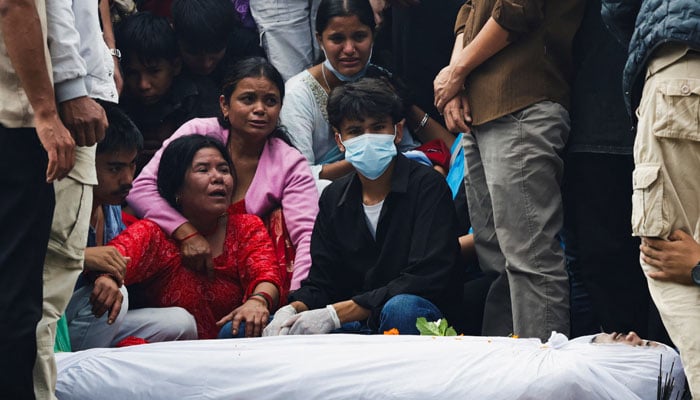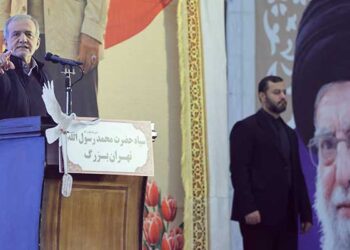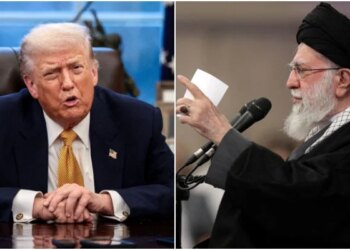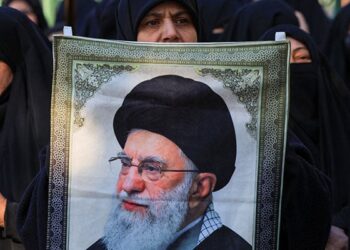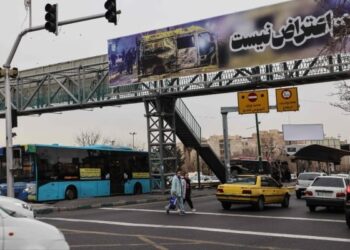Select Language:
Relatives of those lost in Nepal’s anti-corruption protests expressed hope that their loved ones’ sacrifices wouldn’t be in vain, as the interim prime minister officially assumed office on Saturday. Among the victims was 30-year-old Santosh Bishwakarma, one of at least 51 fatalities during two days of unrest— the most severe violence since Nepal’s civil war ended and the monarchy was dissolved in 2008. His widow, Amika, also 30, with tears in her eyes, remembered his “ultimate goal” to “die knowing he had contributed to the country.” Santosh was shot on Monday amid the initial wave of protests led by the youth-led “Gen Z” movement.
The protests were sparked by a temporary social media ban, which intensified long-standing frustrations over corruption and economic struggles, transforming into broader outrage. “He used to say he wouldn’t die like a dog,” Amika shared in her modest Kathmandu home, holding a framed photo of her late husband. “His dream was to make Nepal known worldwide—and he achieved that.”
KP Sharma Oli, the 73-year-old leader of the Communist Party, stepped down as prime minister a day after Santosh’s death and amid protests that saw the parliament set ablaze, ending his fourth term. On Friday, former Supreme Court Justice Sushila Karki was sworn in to lead a six-month transition toward new elections. Thousands of young activists debated their next moves through Discord and selected Karki as their preferred leader.
Now raising her 10-year-old Ujwal and 7-year-old Sonia on her own, Amika worries about the future. “My husband would have done everything to fulfill their dreams, even if it meant risking his life,” she said. “But how am I supposed to manage everything alone? He gave his life for our country, and I hope the new government will support us.”
Family friend Solan Rai, 42, believes this unrest represents a turning point. “I hope this time we will see real change,” he said, noting that the anger has been “more intense than anything we’ve seen before.” The World Bank reports that a staggering 82% of Nepal’s workforce is employed informally—one of the highest rates globally—and the country’s GDP per capita is just $1,447.
At Pashupatinath Temple in Kathmandu on Friday, hundreds gathered for mass cremations. Families mourned loved ones, including young men shot in the clashes. “I hope there will be justice—and that our people finally get the change they desperately need,” said Ratna Maharjan, mourning her son, tears streaming down her face. One mother refused to release her son’s body, wrapped in a shroud and holding onto him on the temple steps. Nearby, police officers laid marigold garlands on fallen colleagues as a bugler played over the smoke-filled riverbank.
Amika’s plea was simple: “All we want is equality—so the wealthy can’t thrive while the poor suffer.”

